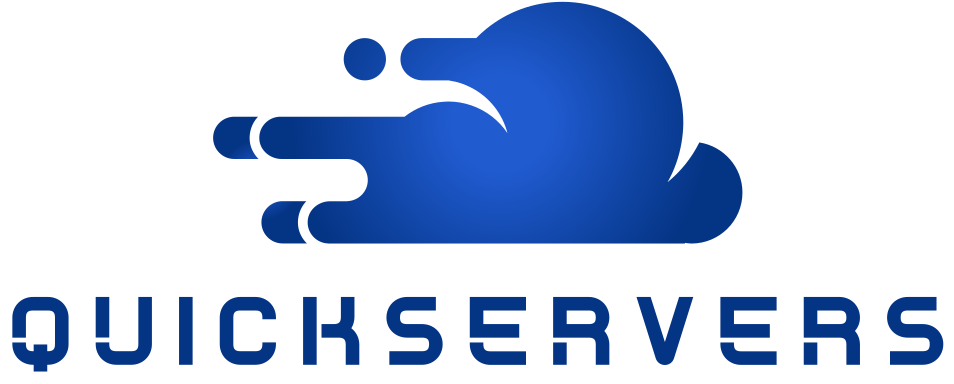How a Custom 404 Page Improves User Experience
A custom 404 page plays a crucial role in maintaining a positive user experience when visitors land on a non-existent or broken link. Instead of displaying a generic error message, a well-designed 404 page can guide users back to relevant content, reduce frustration, and even improve SEO.
Step 1: Keeping Visitors Engaged Instead of Losing Them
- A default 404 page often leads users to leave the website, increasing bounce rates.
- A custom page can include helpful links, a search bar, or a call-to-action to guide users to the right place.
- Engaging visuals, humor, or brand elements can make the error page feel intentional rather than an inconvenience.
Step 2: Strengthening Brand Identity
- A branded 404 page maintains a consistent look and feel across the website.
- Adding company colors, logos, and a friendly tone can make the experience more positive.
- A well-thought-out 404 page can reinforce trust and credibility by showing professionalism.
Step 3: Improving Navigation and Usability
- Providing links to popular pages, such as the homepage, services, or contact page, helps users find what they need.
- A search bar on the 404 page allows visitors to quickly locate relevant content.
- Including a help section or FAQs can assist users who arrived due to a broken link.
Step 4: Enhancing SEO and Reducing Bounce Rates
- Search engines track how long visitors stay on a page—if they leave immediately from a 404 page, it negatively impacts rankings.
- A useful 404 page can keep users engaged, increasing session duration and improving website performance.
- Redirecting broken links to relevant content or category pages can prevent SEO issues and lost traffic.
Step 5: Turning Errors into Opportunities
- A creative or humorous 404 page can turn frustration into engagement, making the experience memorable.
- Offering discounts, promotions, or signup incentives can convert lost visitors into potential customers.
- Using analytics tools to track how often visitors land on the 404 page helps identify broken links and fix them proactively.
A custom 404 page enhances user experience by keeping visitors engaged, improving website navigation, and reducing bounce rates. Instead of losing potential customers to error messages, businesses can use a well-designed 404 page to guide users back to valuable content while strengthening brand identity. Investing in a customized 404 page is a small but impactful step in optimizing website usability and performance.

